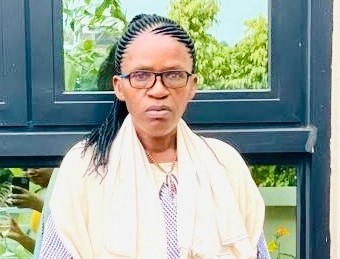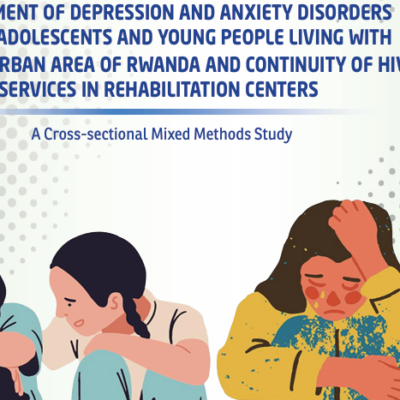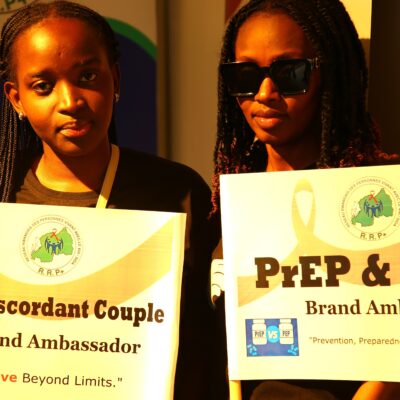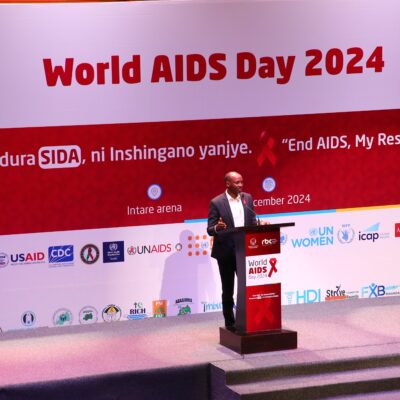Faced with the growing challenge of patients lost to follow-up on antiretroviral (ARV) treatment, peer educators are being equipped with new skills to trace, support, and re-engage individuals who are missing.
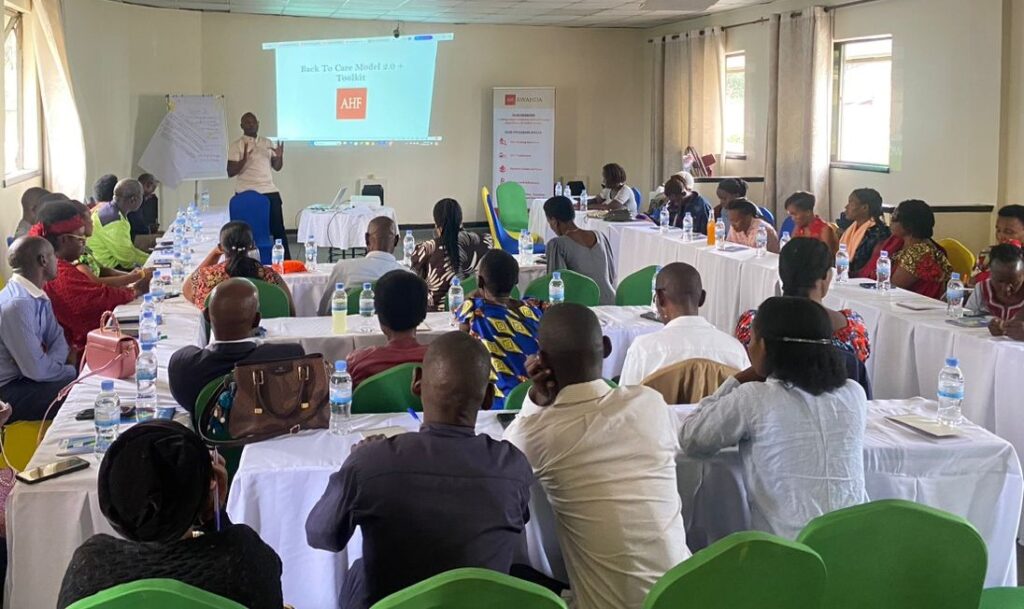
The Rwanda Network of People Living with HIV/AIDS/RRP+ in partnership with AHF Rwanda and the Rwanda Biomedical Center (RBC) have conducted a capacity building training for Peer educators on tracing & re-engaging of “lost follow-up”, through strategies that link people from community to health facilities.

This capacity building training was facilitated by the Rwanda Biomedical center-HIV department which offered adequate information to participants on the strategies of tracking, tracing, contacting, bringing and returning their peers on treatment.
Organizers targeted around 121 Peer educators from 4 Health Facilities who are expected to work closely with the ‘Champions of health Care Providers’ in the ARV service. These will help in provision of information on the person who dropped out of treatment and those who declared to be no more interested in psycho-social counselling and group therapy, for re-connection to health services and support groups.
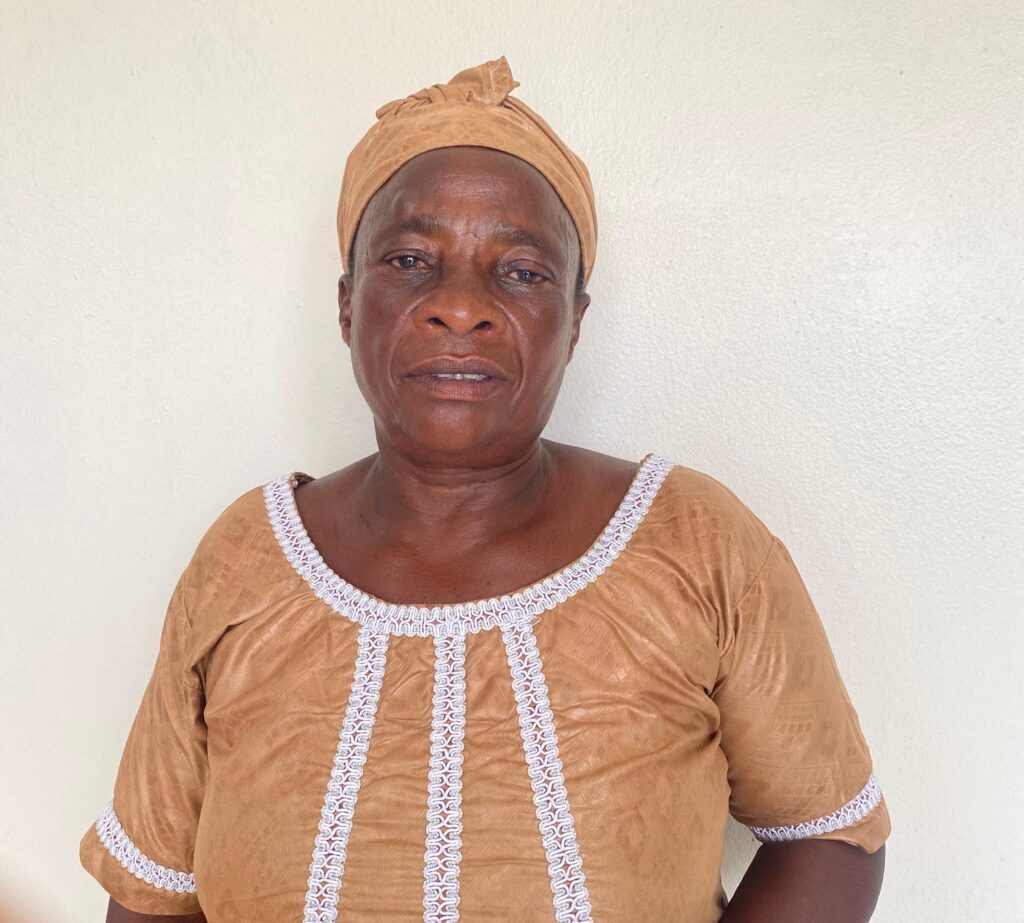
Mukantwaza Domitilla, a Peer educator at Kinyanya health center, said the first step is to encourage their peers who have relaxed to re-engage in bringing back People living with HIV who are missing from the ARV service.
“Bringing back such people is not only to their advantage but also to the entire community. This training comes at the right time because from here we shall be able to locate of the missing individuals through joint efforts”.
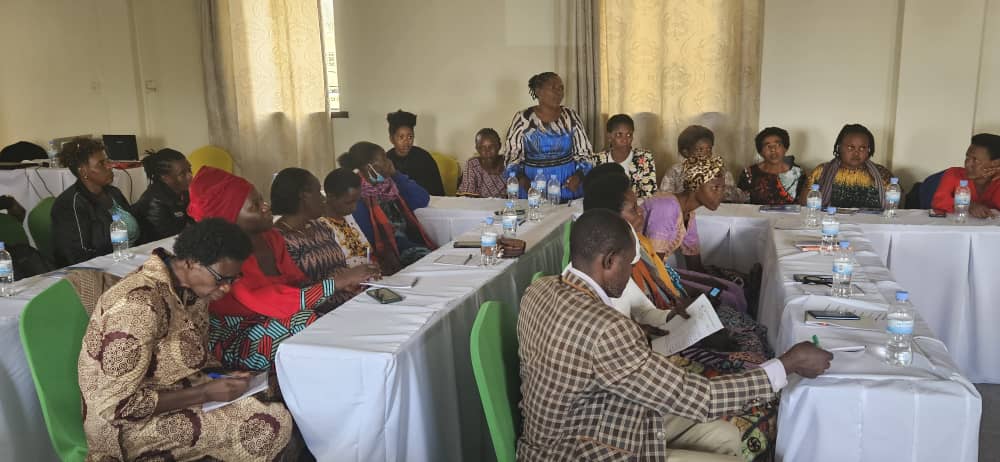
RRP+ is implementing a project named “Back to Care’ under the financing of AHF Fund, aiming to track, trace, bring back and retain to treatment the PLHIV lost to follow-up. It is a piloting project within 4 health facilities of Gasabo district (Kacyiru, Kagugu, Kinyinya and Remera).
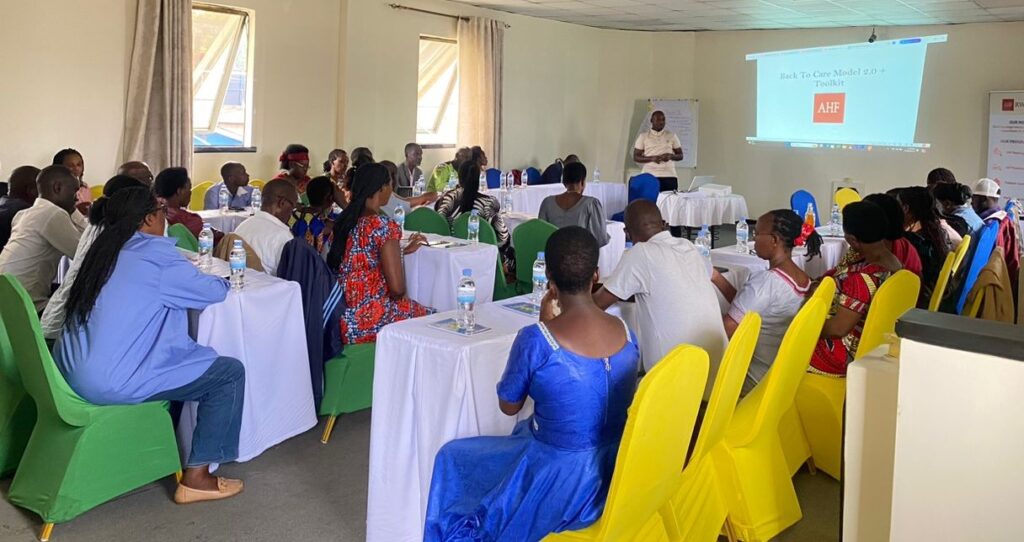
This is a continuation of AHF Rwanda collaboration with the Ministry of Health and the four health facilities have a high number of lost follow-up people in in Antiretroviral Therapy (ART) service; Kagugugu HC (70), Remera HC (99), Kinyinya HC (47) and Kacyiru (59).
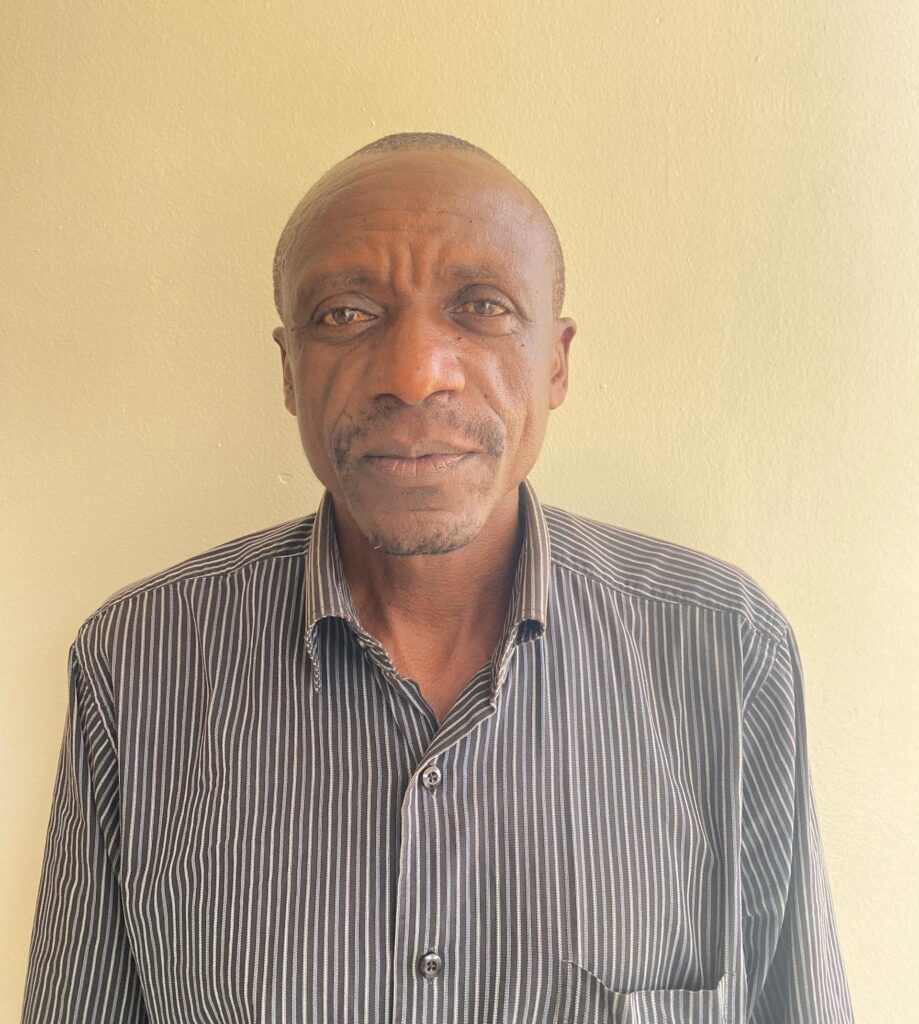
Celestin Habimana a Peer educator from Kagugu health center said that this program is vital, basing on his experience of having approached several people who abandoned treatment out of irrational reasons. He believes that once there are concerted efforts, such people would be brought back on the right track.
“I have so far brought back two people, after counselling them and giving vivid examples of people who take good adherence on ARVs. I know more two, who I also believe will come back since there is a common will, including this training that has given us courage and hope to engage them with much vigor”. More important is that this will help in reducing new HIV infections because such people spread the virus out of desperation”.
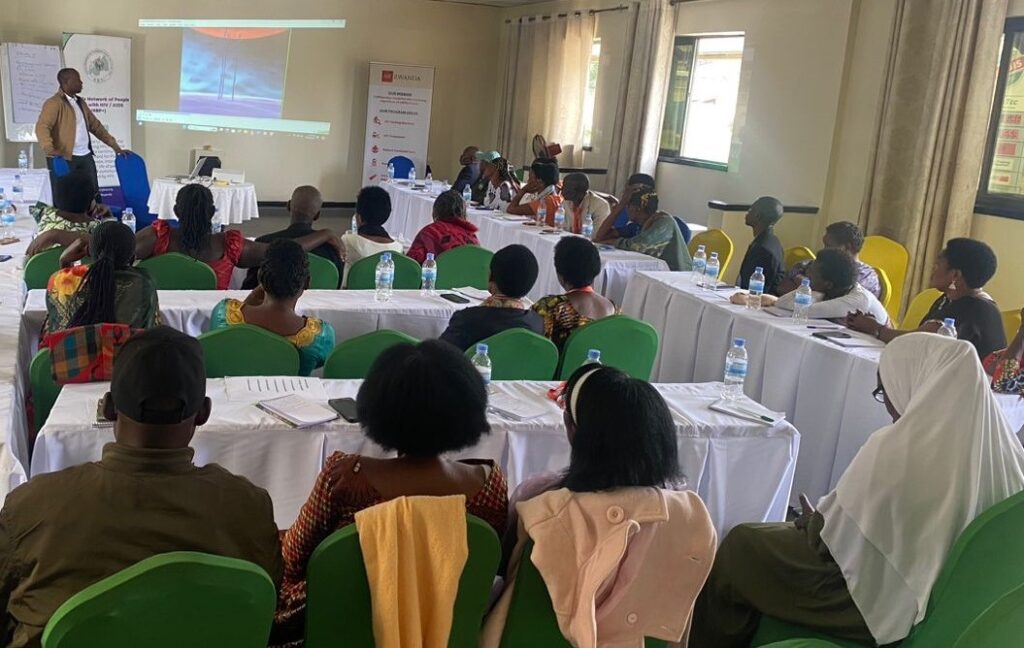
Some patients have left without prior notice, others were transferred but did not reach the place where they were transferred to nor return where they were, while others are no more interested in the health services offered.
These people need a push up towards good adherence, retention & well-being, for Rwanda to reach & go beyond the 3 UNAIDS targets & global target of Zero HIV infection by 2030.
Through capacity-building initiatives, these peer educators are learning to address existing barriers to adherence. Equipped with knowledge, empathy and the trust of their communities, they are becoming the lifeline that reconnects patients with care, offering not just guidance but hope.

